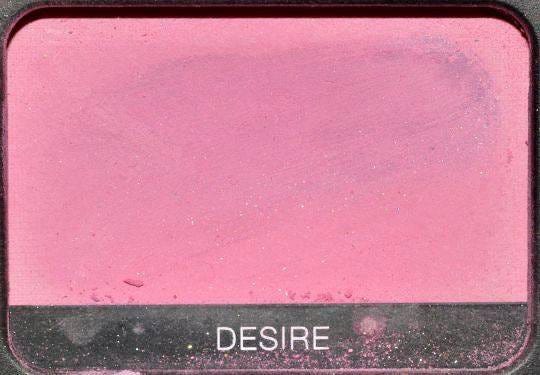My parents named me after the Forest of Arden in Shakespeare's As You Like It. It's an English name, but it has Latin roots. Ardere (v.) has a plethora of meanings, including to burn, glow, destroy, sparkle, flash, and desire.
I’ve been thinking about the word desire, and why it seems to contain so much more than a simple wish, or the act of wanting. Desires are carnal, deeply embedded, and unchanging. They often feel like something we should hide. Desire possesses an aura that touches sex, romance, perversion, food, money, and power.
A guest lecturer who writes speculative fiction told my English class that human beings are made up of their desires, and that every story is set into motion by a character who wants something and an obstacle that prevents them from obtaining it. There’s also a gap between what they desire and what they think they desire. Maybe a woman thinks she wants a whirlwind love affair with a man she meets in New York, but what she really needs is to feel stable in a new city. Or maybe she really does want the romance! We're all just guessing—performing mental calculations about what will elicit the most joy—even when we’re the writers of the story.
The philosopher Epicurus broke human desires down into three categories. Natural and necessary desires include food, water, and shelter. Natural but non-necessary desires contain things like luxurious meals and vacation homes. Vain desires are ones for wealth, fame, and power. Because they are limitless and can never be completely satisfied, they often lead to unhappiness and anxiety. Epicurus advises that you should eliminate these kinds of desires.
But I don't think it’s bad to want things, even if the objects of your desire are grand or impossible to fulfill. There’s an image of Timothee Chalamet accepting his SAG award that’s been circulating on my timelines. As he grips the stone trophy, he admits, "I’m really in pursuit of greatness. I know people don't usually talk like that, but I want to be one of the greats." I was struck by his publicization of his desire to be one of the great performers of his generation. It felt like breaking script—actors shouldn't be concerned with their level of fame or greatness—but there he was, in front of everyone, saying exactly what he wanted. He made his private desires public, and was applauded for it. His earnestness is refreshing.
I wonder what the reaction would have been if Mikey Madison, or any other actress from this awards season, acted similarly. Her Oscars acceptance speech for her role in Anora is a long list of thank yous. At the end she says that she feels like she’s living in a dream that she will probably wake up from tomorrow.
Women especially are taught to restrain their desires. Denying ourselves pleasure is a way to remain chaste, pure, and good. Exercising self-control over our body, sexuality, personality, and ambition is a virtuous act.
At the same time, there has never been a greater impulse to consume. When I look at the lives of influencers, who are seemingly able to fulfill every desire they dream of, all of the images blur together: the walls of shoes, PR packages, full table spreads at exclusive restaurants, first class flights, designer bags, personal trainers, endless nights out in sparkly new cities. There is a limitlessness that is both terrifying and numbing. If you can experience endless pleasure, what does your life look like at the very end? When does the hangover set in?
I think desire is best harnessed as a driving force. Growing up, I used to hear the same saying all the time: you always want something more than you'll actually enjoy it once it’s yours. The act of desiring is powerful. Wanting a boyfriend can make you more outgoing, open-minded and willing to try new things. Wanting to buy a new home can make you more disciplined, ambitious, and creative at work. Desire has inspired endless art, film, literature, and music.
Desire is not a shameful or immoral word. But it order for it to be effective, it needs to take root in an empty space—big enough to spur action, but small enough so it won’t consume you.









I need you to read Eros The Bittersweet by Anne Carson if you haven’t already. All about desire and Eros. So so good.
that closing note hit hard. sometimes desire feels frivolous and sparks guilt, other times the repression of desire feels unnatural and induces hopelessness. That fine balance you talk about at the end is exactly the line we should all be trying to walk
+ my thoughts exactly on Timothees “I want to be one of the greats” ahahahah. veryyy refreshing !!